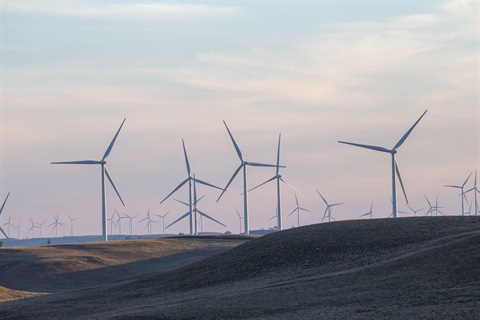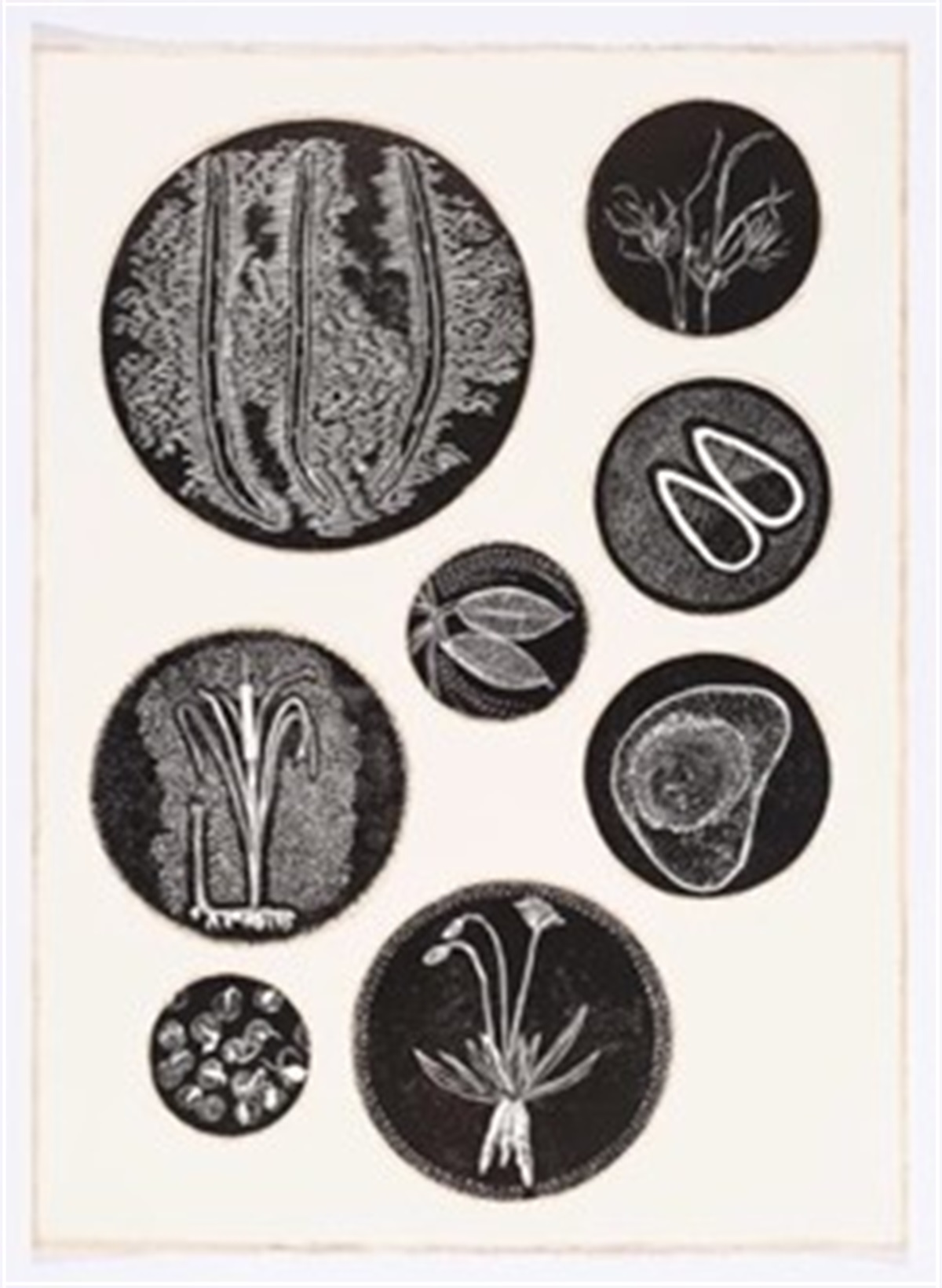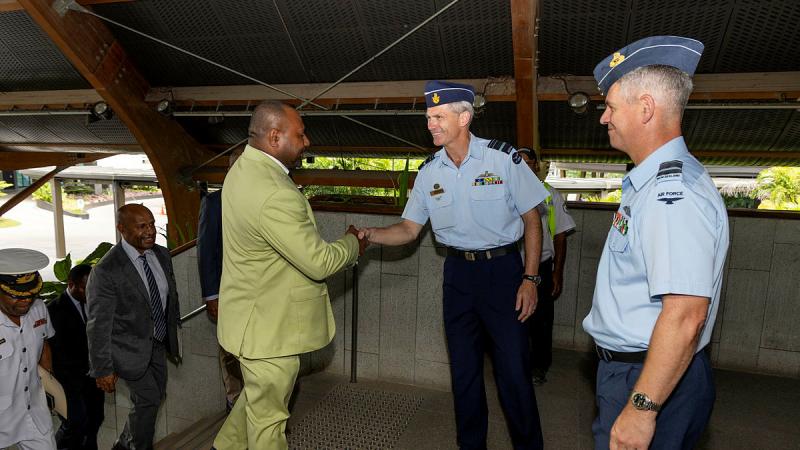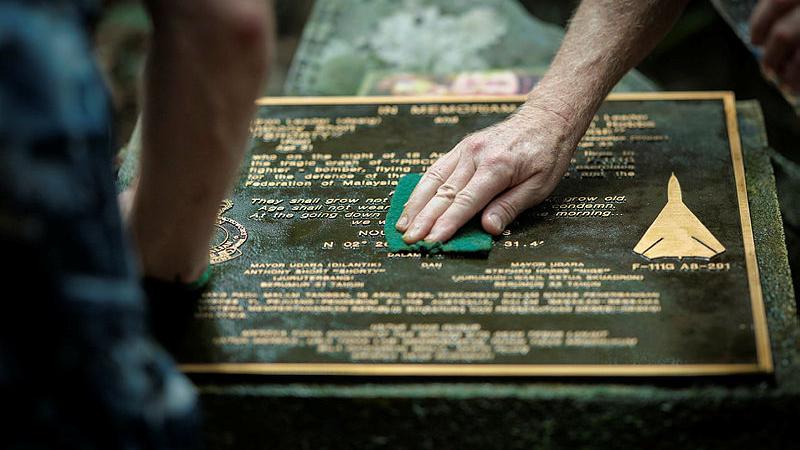Call for the next generation of women and girls in science
Australia’s professional association for forest scientists, managers and growers is using this year’s International Day for Women and Girls in Science as a call for the next generation to join forestry science.
Forestry Australia President Dr Michelle Freeman said Sunday February 11 would mark the International Day of Women and Girls in Science.
“Forestry across Australia has so many tremendous women who are at the forefront of the science that underpins the skilful management of our forests and broader environment,” Dr Freeman said.
“On February 11 we celebrate all of these women, and we want to encourage the next generation of women and girls to follow in their footsteps too.
“If you ask someone to imagine a typical person who works in forest and fire management, they tend to picture a very narrow stereotype, but the reality is very different. We have incredible scientists across our country doing the most innovative and creative work for the betterment of our environment, community and economy – and that’s the definition of career goals.
“There’s so many opportunities for the next generation of women and girls to lead the science in our sector, promoting evidence-based decision making from carbon capture, forest fire management, conservation and renewables and to them I say: do it, you’ll love it.”
Some of the women from across Forestry Australia have shared their thoughts and experiences on this International Day for Women and Girls in Science:
Dr Tegan Brown, Victoria
“Vegetation is the fuel that burns in grassland and forest fires. In my current role as a Research Scientist for CFA, I use climate models and landscape data to predict future vegetation and fuel types. We will then use these data to predict future fire activity, and model the number and type of fire management resources that Victorian fire agencies will require. Data isn’t neutral, and is interpreted by scientists through a lens built from context and lived experiences. Having more diverse people contributing to and making decisions in land, forest, and fire management will enhance our organisations and our contribution to communities.”








